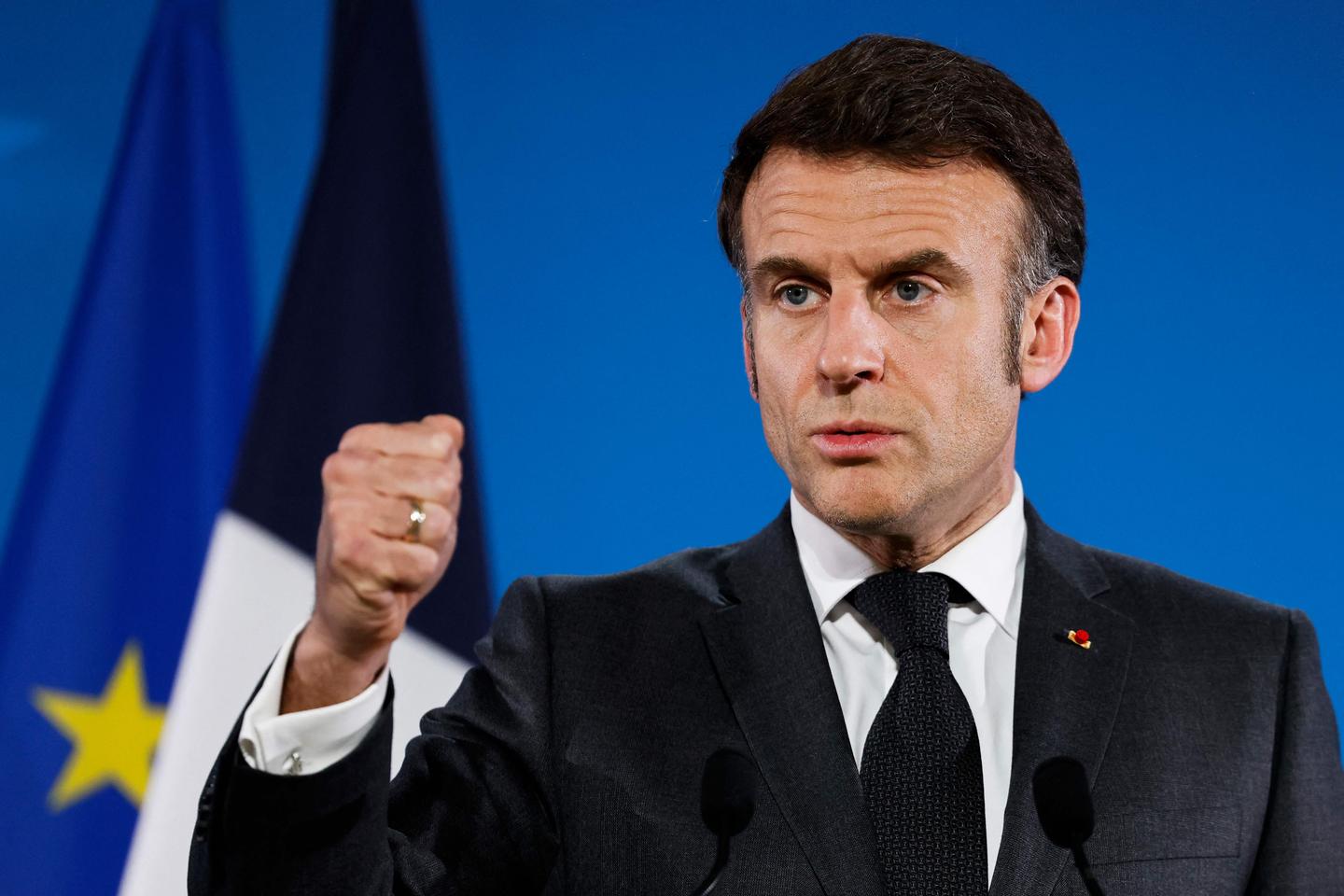


More than 15 million viewers tuned in to watch President Emmanuel Macron's solemn address to the nation on Wednesday, March 5. His warning on the major geopolitical upheaval caused by Donald Trump and Vladimir Putin's rapprochement, at Ukraine and Europe's expense, was heard. Polls conducted in the days that followed showed that the French are worried, that they have understood the Russian threat, that they can no longer count on the US to protect them, and that they support the rearmament that has gotten underway or accelerated in Europe.
In an interview with the newspaper La Tribune Dimanche on March 9, Defense Minister Sébastien Lecornu set the desirable target for French military spending at €100 billion per year by 2030, compared with €50 billion today. In a normal budgetary situation, doubling military spending would be a challenge.
In the current context, it puts the country's back against the wall: At the end of 2024, France's public deficit stood at 6% of the country's gross domestic product (GDP), and the government has hoped to restrain this to 5.4% this year, with no guarantee of achieving that goal. The country is also weighed down by €3.3 trillion of public debt (113.7% of GDP). Interest on the debt has been weighing increasingly heavily on the public budget as rates have risen: The cost is forecast to be €59 billion this year, and more than €70 billion in 2027. The accumulation of these dire numbers has earned France a place among the worst performers in the euro zone.
Sovereignty, according to the Le Robert French dictionary, is defined as a characteristic of a state "which is not submitted to any other state." The gap between Macron's clear-sighted and avant-garde rhetoric on European sovereignty, which he has upheld since 2017, and the French leader's difficulty in managing his country's finances will be remembered as a great paradox of the era. The president who spoke of a European awakening has, at the same time, in France, been the face of a "whatever it takes" spending policy, mixing good and bad debt together, the indispensable efforts to finance major investments for the future and also the preservation of a French model that has not been able to finance itself for decades.
You have 61.82% of this article left to read. The rest is for subscribers only.
